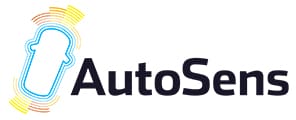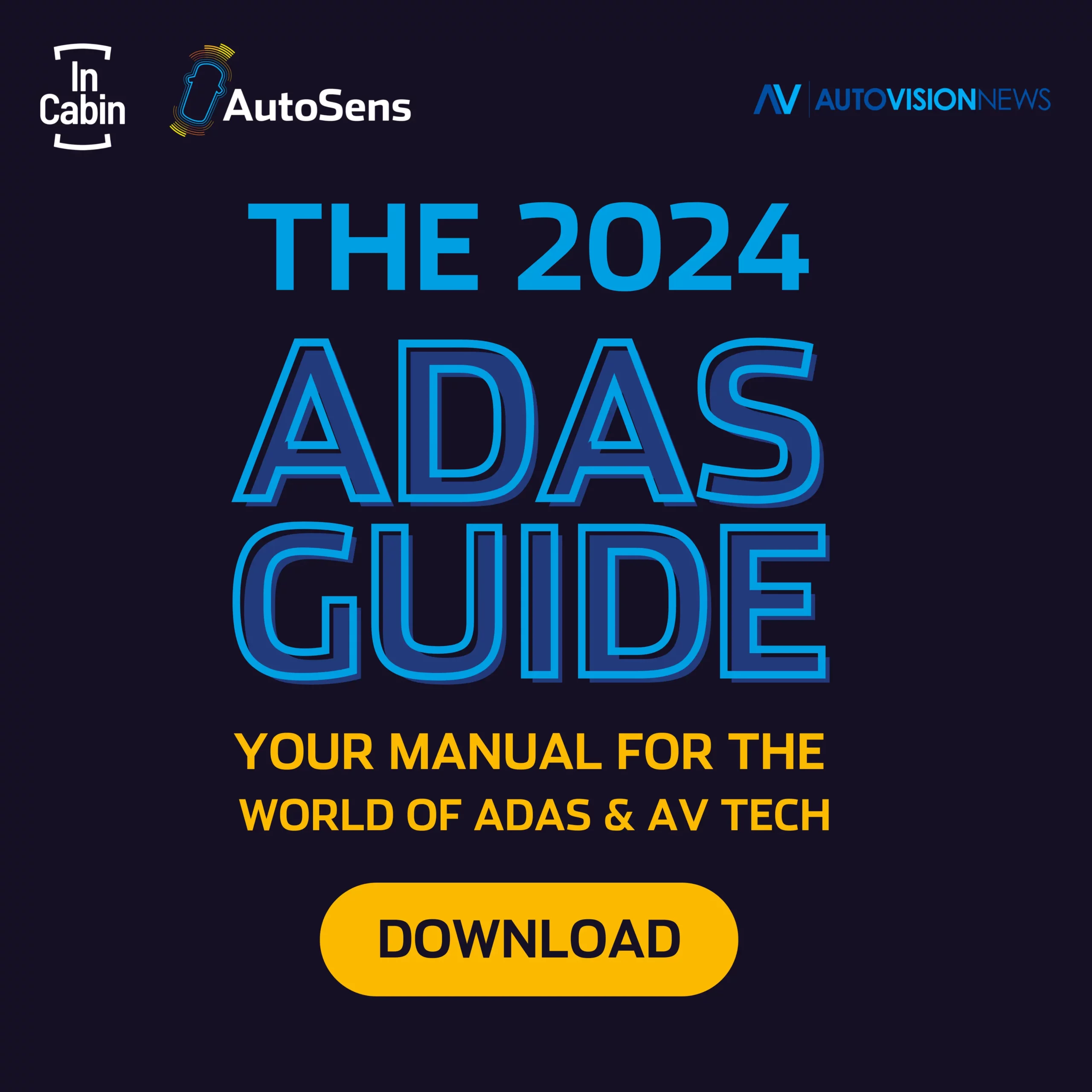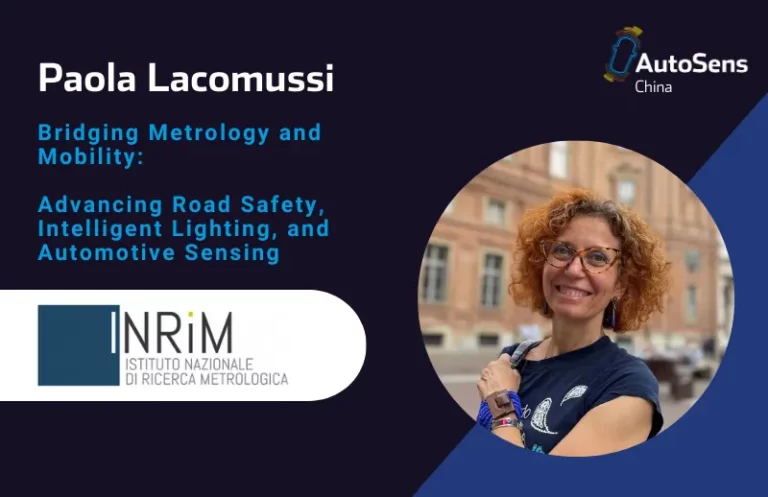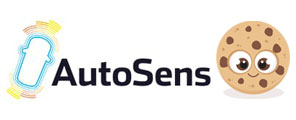
Patrick Denny is known within the automotive industry as one of the leading technologists in the field of automotive vision, and has co-authored more than 60 patents. With more than 20 years’ experience, and a decade at leading automotive technology supplier Valeo, his experience and insights are an important guide for industry, and as Chair of the Advisory Board for AutoSens, he is a critical sounding board for the content and structure of the AutoSens conference, as well as our educational activities.
In the second of this two-part feature, we asked Patrick about education and skills development, the relationship between industry and academia, his views on open source software in the automotive sector and which country has ‘got it right’ for the future of their industry.
For the complete picture, read part one, which includes discussion on the challenges facing OEMs (car manufacturers), standards development in the field and the importance of understanding big data.
Education
How well is the education sector adapting to provide industry with appropriately skilled engineers?
The engineering education community needs to understand that the best engineer is a problem solver with a problem solving toolkit, a command of some domain knowledge, incurable curiosity and a capacity to work with enthusiasm with others to solve old problems and to make new technology.
A solid grounding in engineering and design principles, in my view, is key, and educational establishments are moving in the direction of internships with industry, which I see as extremely valuable in developing problem solvers. I have worked with a steering committee in our nearby university with members of other industries, and the other industries share my view on this.
Industry involvement
How should industry become more involved in education to resolve the skills shortage? Are there parts of the supply chain which needs to take greater interest?
A model that I have seen in Germany is a very natural revolving door between industry and academia.
All parts of the supply chain need to take a greater interest in this; any mechanisms that industry proposes that stimulates the link between the two is worthwhile.
For example, I have been very fortunate to be Adjunct Professor of Automotive Electronics at the National University of Ireland in Galway and have been privileged to be involved in the relationship between Valeo and NUIG; this relationship has provided us with some of our best graduates, sponsored research, technical publications, patents and studentships.
Such relationships are extremely beneficial to all links in the supply chain.
[button link=”#mailmunch-pop-172267″ linktarget=”_blank” color=”blue” size=”medium” style=”flat” fullwidth=”false”] [icons style=”icon-envelope” size=”18px” color=”#ffffff”] Join the AutoSens Mailing List [icons style=”icon-arrow-right” size=”18px” color=”#ffffff”][/button]
Open source
Do you think there’s any place for open source data, software or hardware design in the future of ADAS?
Open source software provides a great pathway for groups with few (or no) financial resources to develop relatively cheaply and with constant maintenance, from children to engineers (which are just another kind of children in my experience).
They are useful for trying things out and a lot of open source software (with necessary robustness added) can be found everywhere from phones to cars to spacecraft.
For example, the president of the Genivi alliance, Matt Jones, is also Director of Future Technology at Jaguar Land Rover, promoting Linux in ADAS development and machine learning cores.
The typical modern car can have more than 100 million lines of source code in it, and several of the modules will have come from other applications, so it is difficult and imprudent to avoid open source code, as long as issues of intellectual property and robustness are addressed.
[Editor’s note: Patrick is a mentor at CoderDojo, which supports and runs coding clubs and advocates the use and development of open source software]
Where is best?
Are there particular countries whose approach to education, legislative reform or investment in research and innovation make them well-placed to support development in the ADAS sector?
Germany has a long established history of automotive development, longer than anyone else, and depend heavily on the automotive sector, so they are already geared up for automotive development; however, new product differentiators are coming from several non-classically automotive industry and no country has a monopoly on innovation in ADAS.
In my own work I have found innovators all over the place. At a time when there is a drop in general venture capital funding in Silicon Valley, it is actually increasing there in ADAS for example.
Google has worked closely with NHTSA on autonomous driving and NCAP works closely with European automotive companies, so there is a lot of interaction going on.
The innovation creates jobs and products, and every country is interested in supporting that.
This is the second of a two-part interview with Patrick Denny, Chair of the AutoSens conference Advisory board. For the complete picture, read part one, or go straight to challenges facing OEMs (car manufacturers), standards development in the field and the importance of understanding big data.
Find out more
We will be delving deeper into all of these areas and a host of extra content at the AutoSens conference 2016, held in September at AutoWorld in Brussels, Belgium.
Carefully selected experts will discuss the shared challenges, innovation, standardisation and supply chain collaboration involved with the development of the latest ADAS technologies and self-driving cars via panels, presentations and conversations.
[button link=”#mailmunch-pop-172267″ linktarget=”_blank” color=”blue” size=”medium” style=”flat” fullwidth=”false”] [icons style=”icon-envelope” size=”18px” color=”#ffffff”] Join the AutoSens Mailing List [icons style=”icon-arrow-right” size=”18px” color=”#ffffff”][/button]






